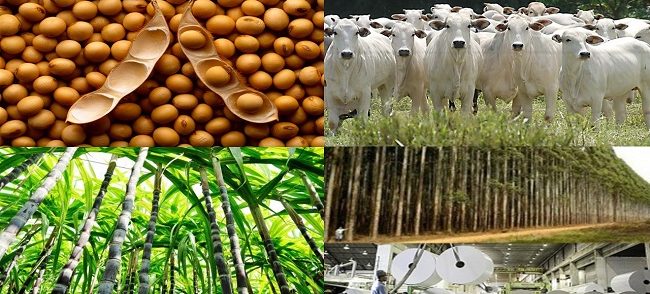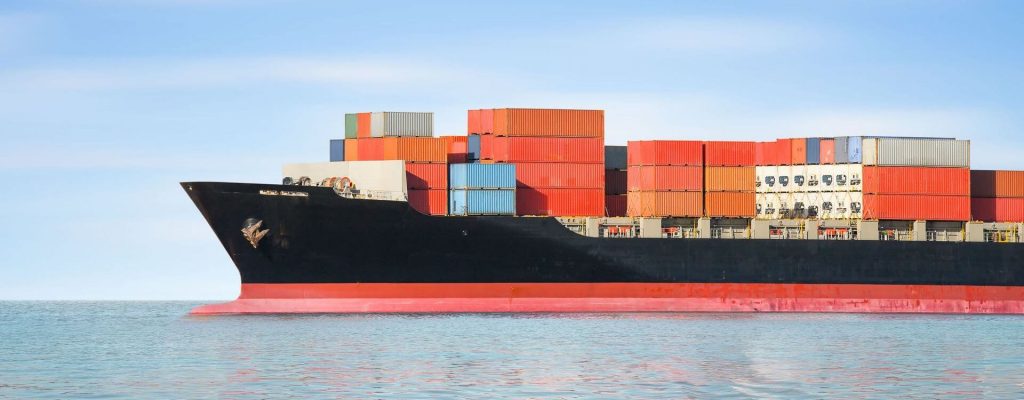RIO DE JANEIRO, BRAZIL – The recently signed agreement between Mercosur and Efta (European Free Trade Association) will provide more favorable conditions for producers and exporters in the countries of the South American bloc.
Some of the products that will benefit from better conditions for access to the European market are beef, poultry, wines, corn, honey, fruits, and vegetable oils.

As a result of this agreement, Efta, a wealthy country bloc formed by Iceland, Liechtenstein, Norway, and Switzerland, will eliminate tariffs for almost all manufactured products from Mercosur, such as leather and wool, significantly improving their participation in the European market.
In addition, numerous agricultural products will benefit from tax exemption: citrus fruits, apples, peaches, nectarines, blueberries, plums, vegetables, legumes, wheat, malt, rice, soybeans, nuts, canned meat, citrus preparations such as jams, jellies and purees, fruit juices, animal feed, and fishery products.
The Efta countries represent a free trade zone that comprises of 14 million inhabitants with a Gross Domestic Product (GDP) of more than 1.1 trillion dollars.
Together, they rank fifth in the world ranking of trade in services and ninth in trade in goods. Switzerland, Norway, and Iceland are among the five countries with the highest purchasing power in the world.
In relation to beef, for example, Switzerland will grant Mercosur a quota of 3,000 tons of the product duty-free. As for duty-free olive oil, this quota will be 1,000 tons of the product.
According to estimates by the Ministry of Economy, the agreement will represent an increase in Brazil’s GDP of US$5.2 billion over fifteen years.
“It is estimated an increase of US$5.9 billion and US$6.7 billion in total Brazilian exports and imports, respectively, which is an increase of US$ 12.6 billion in Brazilian trade. A substantial increase in investments in Brazil, of the order of US$5.2 billion, is expected in the same period,” says the Ministry.

Also, according to the Brazilian Ministry of Economy, the agreement will guarantee mutual access in service sectors, such as communication, construction, tourism, transportation, and financial services.
The agreement contains a specific chapter on sustainable development, in which it reaffirms the multilateral commitments of countries in the areas of child labor, forced labor, and freedom of association in order to achieve sustainable and inclusive economic growth and eradicate poverty. The document also reaffirms the commitments on environmental issues made in the Paris Agreement on Climate Change.
After ten rounds of negotiations initiated in 2017, the trade agreement between Mercosur and Efta was signed last Friday, August 23rd. The text will have to be voted on by the parliaments of the member countries before it comes in force. The agreement may also enter into force bilaterally, once ratified by an Efta country and a Mercosur country.
Growing Resistance in Norway and Switzerland
But in some Efta countries, there are already critical voices regarding this deal. On Tuesday, August 27th, Norway’s Prime Minister Erna Solberg has described the timing of a trade pact with Mercosur amid raging fires in the Amazon as “awful”.
And in Switzerland, the most important EFTA country, more and more resistance to the Mercosur Treaty is forming, according to the newspaper NZZ.
Farmers, the Socialist Party, and the Greens are threatening to overturn the free trade agreement because of too weak environmental and sustainability requirements.

